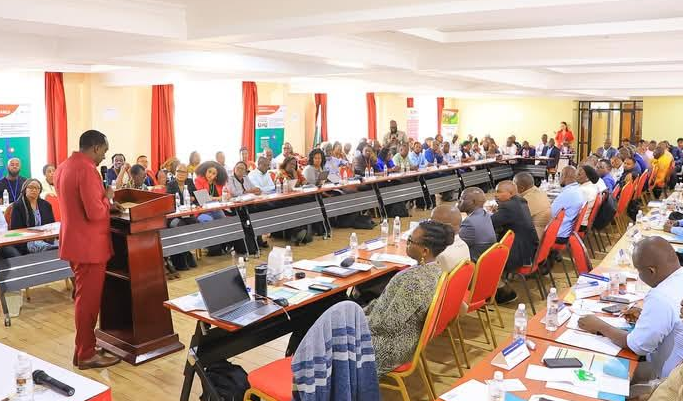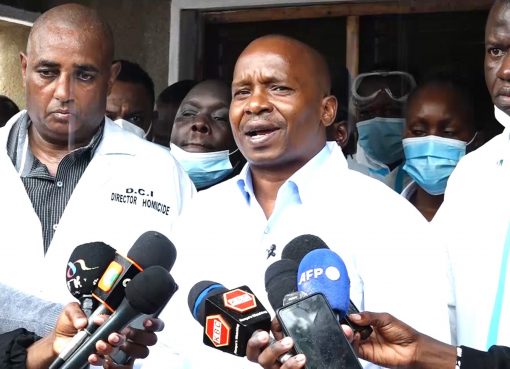The fight to eradicate HIV/AIDS in the world is on track as key stakeholders drawn from six countries in the world have come together to formulate a strategy to contain the disease.
The 120 delegates are drawn from the United States, the Philippines, Nigeria, Uganda, Tanzania, and Kenya and are in the country from 13th to 17th January to discuss the way forward in strengthening the fight against HIV/AIDS.
The four-day’ international workshop held in a Narok hotel is focusing on advancing HIV prevention and treatment (IHPT) and is spearheaded by Walter Reeds Project and has a goal of eradicating HIV by 2030.
Director of the Kenya Medical Research Institute, Walter Reeds Project, Dr. Fredrick Sawe, observed that about 40 billion people around the globe were living with HIV/AIDS, where 30 billion were on treatment.
Another 7 billion people have reportedly been cured of the disease that costs over 50 million US dollars to treat every year.
The burden of treating the disease is so high, hence making the researchers formulate a way of coming up with the vaccine to reduce the burden.
“It has been a journey; before, people were dying all over the world because of HIV, as there was no treatment available. We lost many professionals like teachers, soldiers, and doctors, among others,” he recalled. We are now in the era of discovering medicine because we live with people who have lived with HIV for over 40 years without taking antiretroviral (ARVs), but when you test their blood, they are HIV positive.
“We want to learn from these people how they are able to survive and live a healthy life for that long without the use of ARVs,” he continued, adding, “We do research across the board. Every time we do vaccine studies, we do not get the vaccine that we wanted because we want a vaccine that is protective,” added Dr. Sawe.
Dr. Patricia Agaba, senior Technical Director at the Hemming Jackson Foundation, said the importance of the programme is to exchange ideas for better HIV services.
The workshop was opened by Narok Governor Patrick Ntutu, who reiterated the county’s efforts in eradicating the disease.
He observed that the infection prevalence has been reducing from 5.6 per cent five years ago to 1.8 per cent currently, lower than the national average of 3.8 percent.
Governor Ntutu outlined one of the strategies the county has used to reduce new infections, saying they have integrated HIV programmes into the broader healthcare framework, which has made significant strides in the county’s HIV response.
The international partners participating in the workshop are scientists, healthcare professionals, and community representatives.
By Ann Salaton




